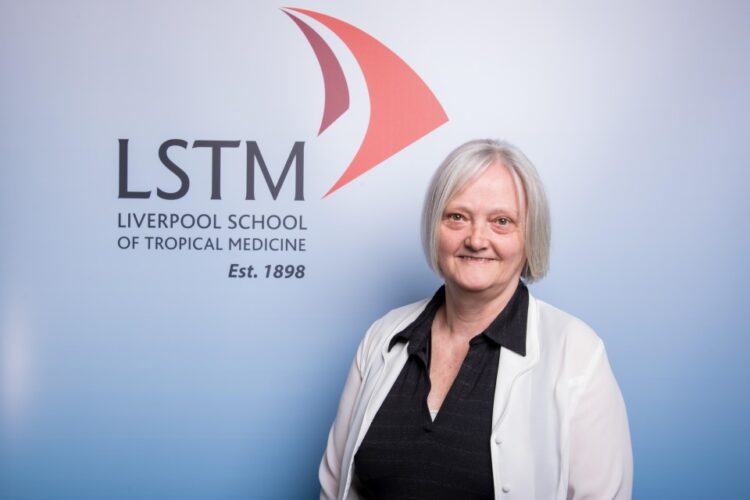Consortium led by the Liverpool School of Tropical Medicine will now accelerate R&D in new treatments for infectious diseases. Tony McDonough reports

A Liverpool city region consortium led by the Liverpool School of Tropical Medicine (LSTM) has secured £114m of funding to develop new treatments for infectious diseases.
The UK’s Research and Innovation’s (UKRI) Strength in Places Fund has, in total, awarded £416m to seven schemes throughout the UK with the aim of creating thousands of jobs and backing cutting edge research and innovation.
As well as backing R&D into treatments for infectious diseases, other projects include research to develop autonomous and electric vehicles, zero-emissions tech for maritime vessels, and smart-packaging to cut food waste.
The Government is providing £186m of investment backed by a further £230m from private firms and research institutions. Each programme will deliver long-term economic benefits in every part of the UK, creating thousands of jobs, new skills, and encouraging more competitive and future-proof industries post-COVID-19.
The Liverpool consortium, led by LSTM, comprises the Liverpool University Hospitals NHS Foundation Trust, Evotec and the AMR Centre – both based at Alderley Park, Cheshire – Unilever UK, and the University of Liverpool. Funding will cover a five-year period to deliver an innovative project delivering integrated therapeutic solutions for human infections.
The project will accelerate economic and regional productivity by creating eight specialist, commercially-sustainable research platforms for infectious disease therapeutics that will transform the efficiency of new product discovery, development, evaluation and impact assessment.
New of the announcement comes just weeks after one of Merseyside’s leading regeneration experts, Professor Michael Parkinson said the local knowledge sector could drive the city region economy in a post-coronavirus world.
Project lead, LSTM’s Professor Janet Hemingway, said: “LSTM devised this programme, together with our industrial, NHS and academic partners aiming to be the first choice globally for infection research and development initiatives.
“This grant secures the international reputation of the region in infection innovation and will attract substantive follow-on international investment.”

Investment in diagnostic technologies at LSTM, initiated in response to the antibiotic resistance crisis, have been rapidly adapted to provide validated diagnostics to meet the needs of the COVID-19 outbreak.
It has allowed Liverpool to become a test bed for new diagnostic technology development and evaluation trials for COVID-19. To this end LSTM has been central to the validation of lab based COVID-19 anti-body tests and rapid diagnostic tests with multiple commercial and academic partners.
Liverpool City Region Metro Mayor, Steve Rotheram, added: “The need to develop new treatments for infectious diseases has never been clearer, so this funding is fantastic news. This new approach to public R&D investment aims to boost local economic growth by building on world-class research and innovation capacity.
“This grant recognises the region’s existing strengths in this area and has already generated guarantees of around £90m for pilot projects eager to use the new platforms. There is great potential for high-quality jobs and economic value for Liverpool city region and beyond.”
The Liverpool city region, Cheshire and Warrington have the largest concentration of infectious diseases research in the UK. Liverpool has a successful track record in respiratory vaccinology and disease prevention.

